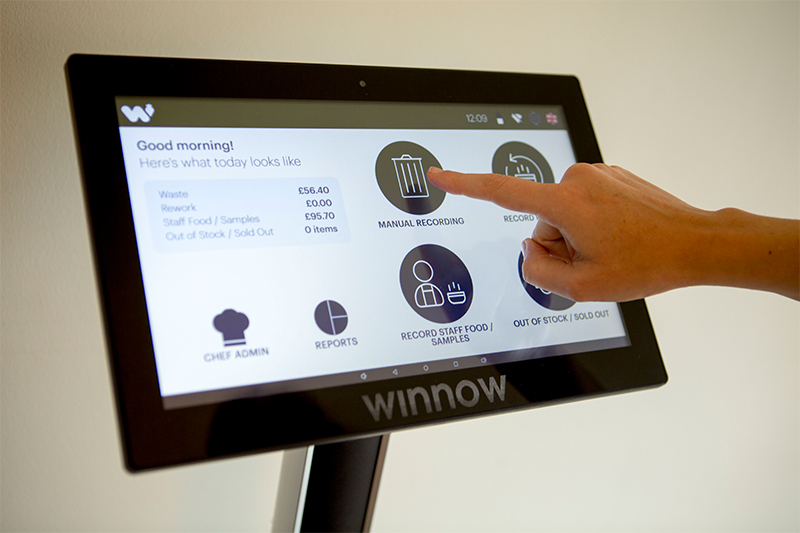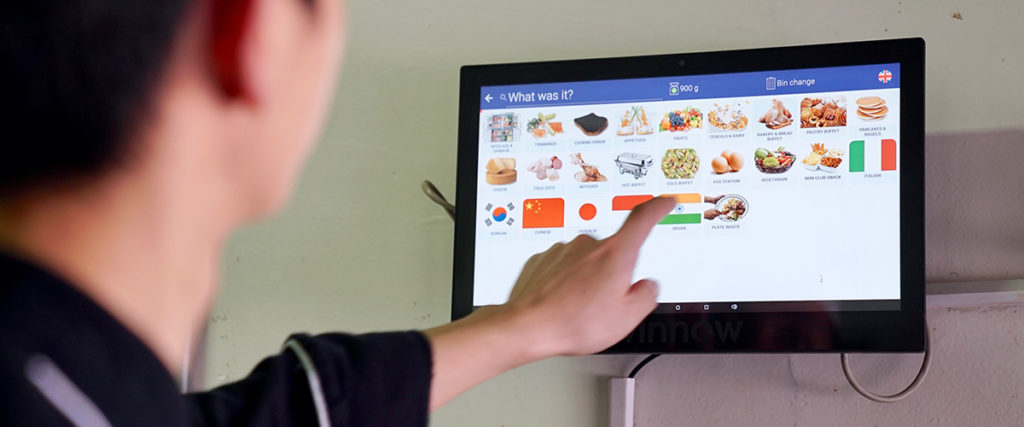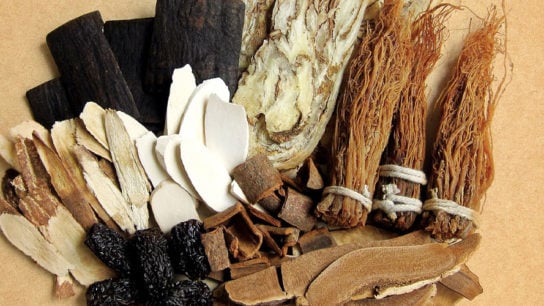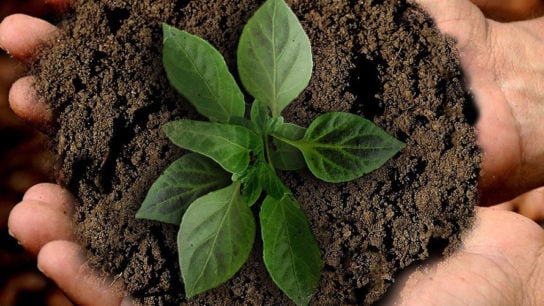Global food waste initiative Winnow has developed software to track what is being thrown away in kitchens around the world. Now, they want to help reduce the mountain of food waste being produced each year.
It is estimated that ⅓ of food produced for human consumption around the world ends up in the bin every year, costing the hospitality industry around USD 100 billion annually. Founded in London, Winnow is striving to stem the tide, using food-tracking software to make kitchens more aware of what they’re throwing away, gaining them significant savings in the process. We sat down in Bangkok with Chris Regel, Business Development Manager of Winnow, to find out how digital tools are stirring up a food waste revolution in the kitchen.

Established in 2013, Winnow works with chefs in over 30 countries, helping them to understand and prevent food waste, dish by dish and one community at a time. “Financially speaking, food waste is a trillion dollar issue and the hospitality industry contributes to about 100 billion of it,” says Chris. With a lack of legislation in place to reduce that waste, founders Mark Zornes and Kevin Duffy seized on the opportunity to not only save people money but also make a huge impact on the environment when they launched Winnow as what they see as a win-win solution. It’s all delivered via their Winnow touchscreen tablet, a one-stop panel that helps chefs record what they are throwing away, automatically weighs it, assesses the cost of the food being discarded and then uses cloud software that provides a detailed breakdown of each day’s waste. Chris clarifies, “The Winnow tablet really came from understanding the traditional process of speaking with chefs. We have to provide a practical and easy solution to use on a daily basis.”
Today, Winnow works with global brands such as IKEA, Accor hotels, Hilton Hotels, InterContinental Hotels Group and Marriott Hotels not to mention countless schools, offices, hospitals and corporate catering outlets, giving them a wide global reach. “Accor hotels are massive partners, we are in over 100 Accor hotels worldwide and around 20 in Thailand,” says Chris. “And they have set a target to reduce food waste by 30% by 2020. Costa Cruise Line is another great partner. We are on every single Costa Cruise liner in the world, and they will actually be one of the first companies to hit their targets by 2020. We are very proud of that.”

Getting partners to sign up hasn’t all been an easy ride. “When we first started, the topic of food waste was fairly new,” explains Chris. “It was a challenge getting the larger players on board and really looking at food waste as a problem, because the focus on sustainability is often electricity and rubbish.” However, their business case was always strong. “On average, our clients see between 2 to 10 times return on investment in the first year of use. We have hotels saving about USD 65,000 in just one year.”
Behind Winnow’s success is its practical approach. “We customise every single system with the hotel’s menu and costings. Once the system is done, we do 2 days of training with the team to teach them not only how to use the system and the automated reports it produces, but also why food waste is important. Seeing exactly what is being thrown away is one of the biggest opportunities chefs have.” Once the system is implemented, Winnow then go through the data with the team every week. Chris explains, “We pinpoint key opportunities and ways we can start reducing waste and driving production, which could even be down to certain dishes or stations.” In order to this, however, they need to have the kitchens fully on board. “The biggest challenge is to engage the team into really caring about this issue. We can only track what is actually going into the bin. If it hasn’t been thrown into the bin, then it is disappearing.”
Moving forward, they have just started working with Dusit Thani Hotels and see plenty of opportunity on their doorstep in Thailand. “Seeing a Thai brand taking a strong stand in this makes a huge difference,” says Chris. As Winnow’s strength lies in data collection and tracking, the company also plans to help different governments work toward their waste reduction goals by setting up a baseline and methodology. Given the convincing savings they promise, hand in hand with their sustainable practices, it’s hard for organisations not to sit up and listen. As Chris puts it, “Every gram of food spared, every baht that you help businesses save, will continue to help contribute to a better tomorrow. Don’t let the issue be bigger than what it is.”
x
Related Articles
6 Best Zero Waste Products To Live A Waste-Free Lifestyle




